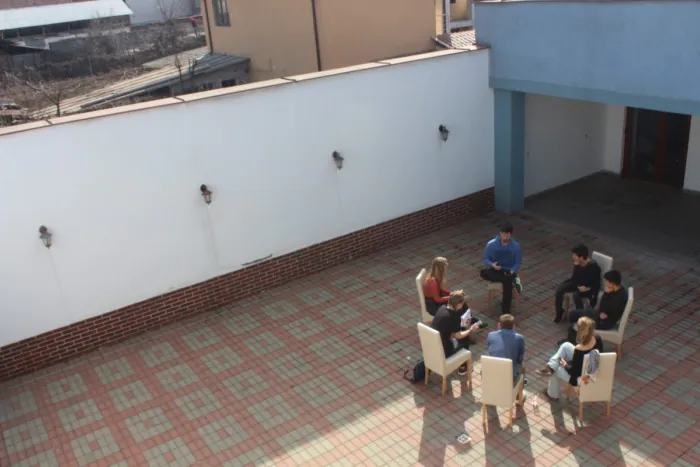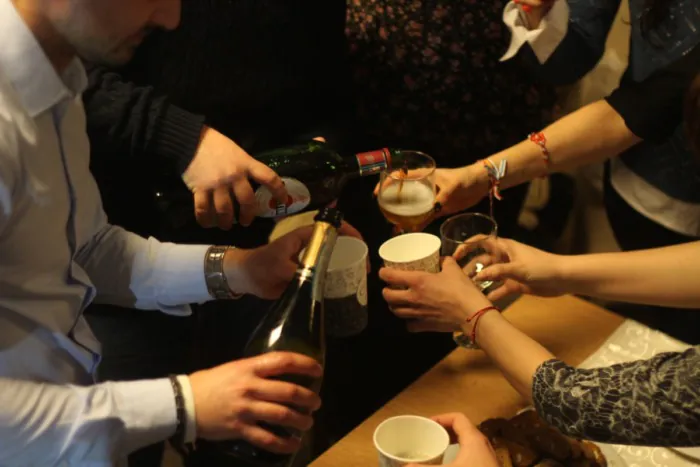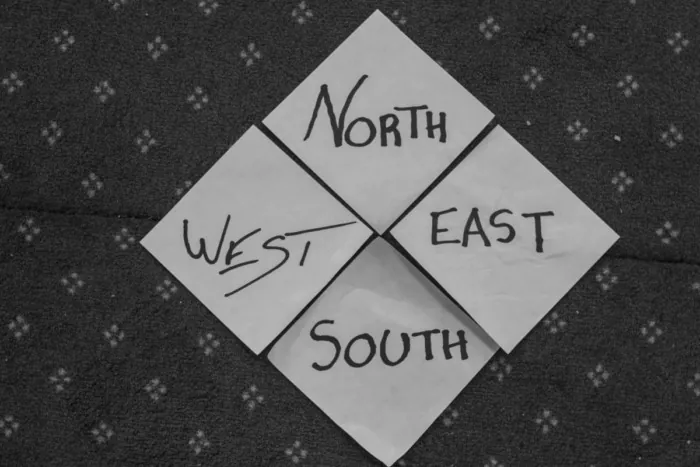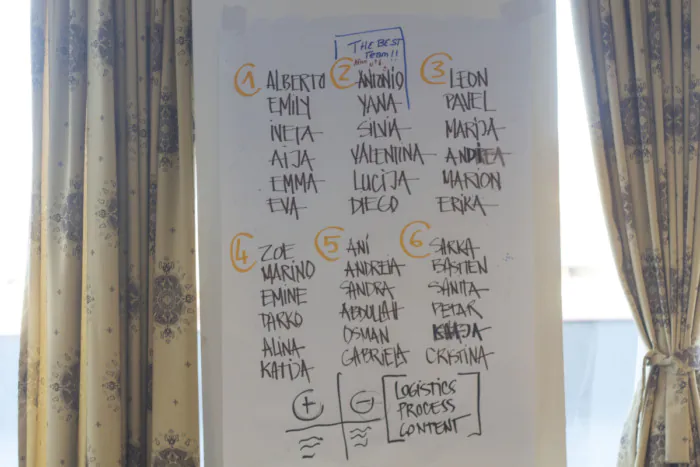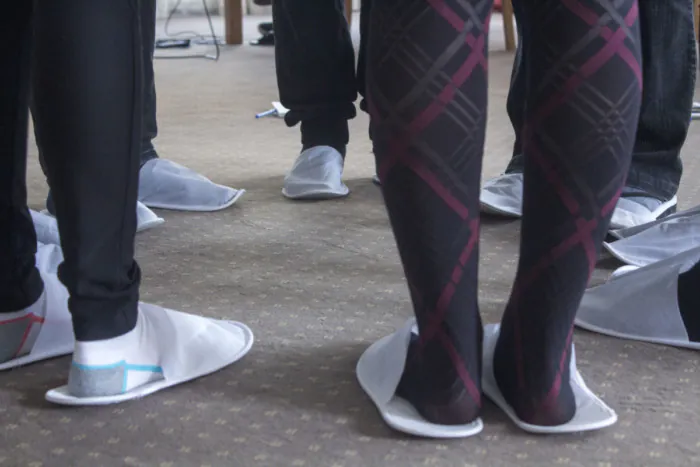À l’occasion d’un projet Erasmus +, trois jeunes Rennais.e.s ont passé sept jours dans la ville de Târgu Jiu, en Roumanie. Le but de leur présence était le suivi d’une formation intitulée « 2I2O Tools » destinée à la prise en main d’outils innovants dans le domaine de l’inclusion sociale. Au-delà de la formation, cette expérience de mobilité fut l’occasion pour de nombreux partages interculturels entre les membres de douze pays européens. Une manière de faire vivre et co-agir la communauté européenne. Récit…
L’avion atterrit à Bucarest. Zoé, 19 ans, volontaire en service civique à Rennes, fait son premier pas sur le sol roumain. Ce 1er mars, elle va rencontrer Antonio (29 ans) de Palerme, étudiant en ingénierie civile ; Eva (23 ans) de Malaga, en études d’institutrice ; Andrea (23 ans) de Sofia, qui étudie la culture israélienne ; ou encore Marino (21 ans) de Zagreb, travailleur en informatique. De pays et de domaines d’activités différents, ils ont entre 16 et 40 ans. Ils vont rester 7 jours (1-8 mars) ensemble à l’Hotel Story dans la ville de Târgu Jiu, dans l’ouest du pays. La cité roumaine va les accueillir dans la vétusté de son décor, saupoudré de monuments historiques et de quelques œuvres du célèbre sculpteur Constantin Brâncuși en centre-ville. L’hôtel, ce non-lieu inesthétique, placera chacun en terrain vierge, feuille blanche comme les murs d’où pourra naître un collectif à l’image de ses participants : joyeusement cosmopolite.
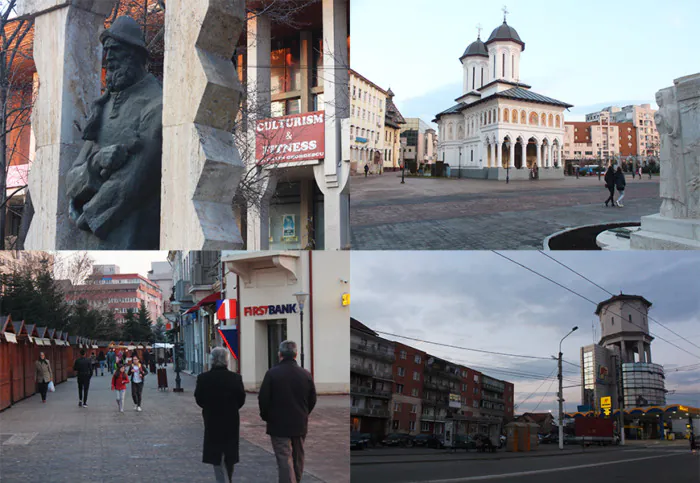
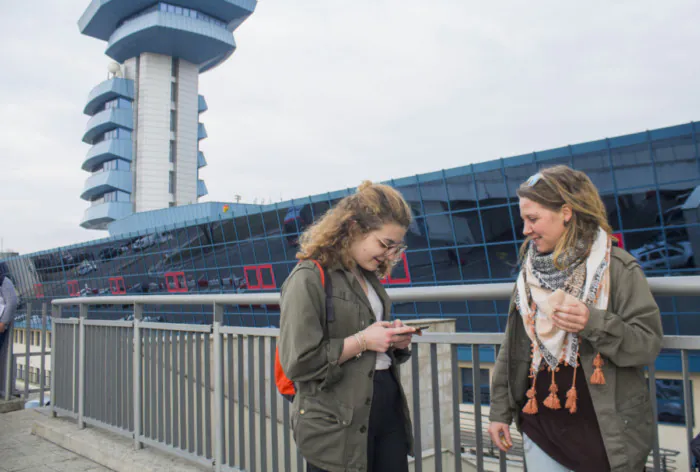
Débarqués de 12 pays européens – France, Espagne, Italie, Portugal, Rép. Tchèque, Croatie, Lettonie, Lituanie, Biélorussie, Bulgarie, Roumanie et Turquie — les 36 participants ne venaient pas en touristes, mais pour participer à la formation « 2I2O tools » dédiée aux outils online et offline pouvant faciliter l’inclusion sociale des personnes handicapées. Cette formation a été montée par l’association roumaine « Colour your dreams » qui, avec l’aide financière d’Erasmus +, a engendré des partenariats avec 12 autres associations européennes, chargées de recruter 3 participants chacun.
Pour certains, comme Zoé, que l’association dinannaise En Root a expédiée ici, c’est un premier pied à l’étrier : « Je n’ai aucune connaissance en matière de handicap. Je suis souvent mal à l’aise avec cela et je vois cette formation comme un moyen de surmonter ce malaise ». Mais pour elle comme pour d’autres, cette formation est avant tout l’occasion de « voir du pays » et de « faire des rencontres interculturelles ».
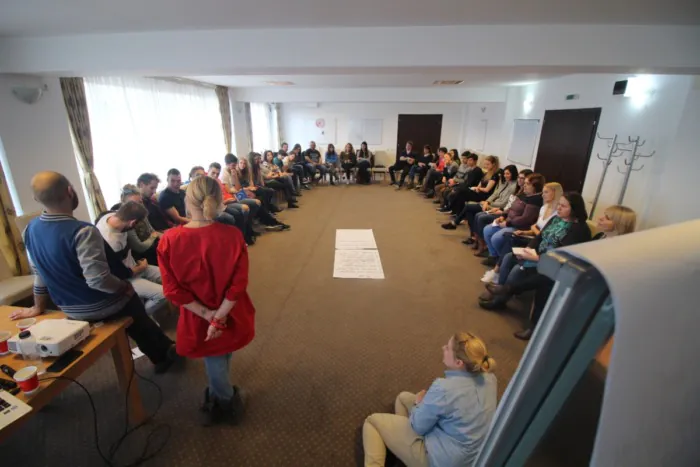
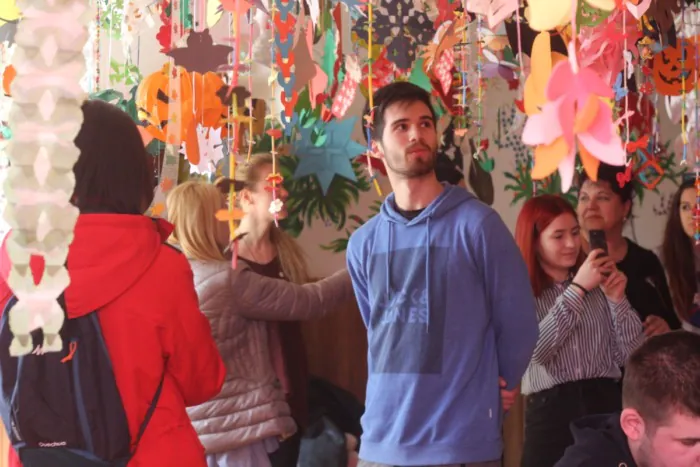
« Ces enfants sont dans des situations inhabituelles, ils ont donc besoin d’une éducation inhabituelle. C’est pourquoi nous encourageons à l’éducation “non formelle” via ce projet. Il faut faire bouger les choses et ça passe par ce genre de projets. » Adela Vladoiu, Présidente de « Colour your dreams »
Au menu des sept jours de formation, divers apprentissages allant de la facilitation graphique à l’utilisation d’applications telles que Actionbound ou Kahoot. Aussi, d’autres activités dédiées autant à l’apprentissage qu’au team-building; par exemple une chasse au trésor s’est déroulée dans Targu-Jiu. Durant celle-ci le groupe s’est séparé en 6 équipes. Certains participants se virent contraints de ne pas utiliser certains de leurs cinq sens, nécessitant la solidarité de leurs camarades « valides », eux-mêmes obligés de prendre en compte les handicaps des leurs pour avancer dans le jeu. Des méthodes non-formelles d’apprentissage sur le handicap, dispensés par Andrei (Dobre) et Andreea (Buzec) – ça ne s’invente pas – deux professionnels roumains, ainsi que Darko Stojanovic, lui Serbe. Enfin, la visite du centre scolaire pour l’éducation inclusive de Târgu Jiu fut pour certains l’occasion d’une première rencontre avec le monde de l’éducation spécialisée.
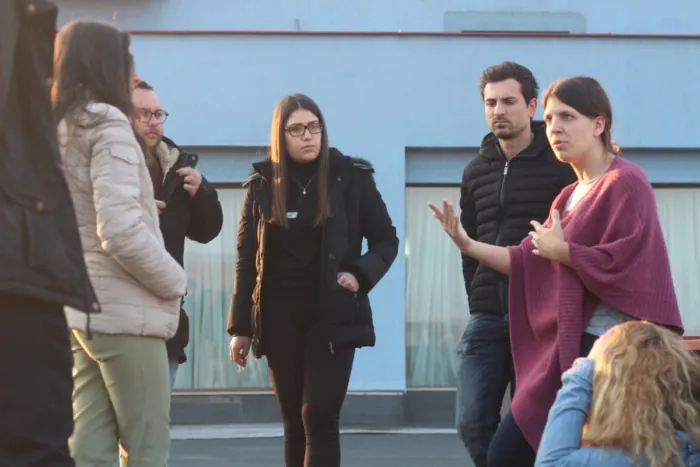
Si la formation a donné aux participants le hasard de se réunir, la substantifique moelle de cette semaine fut sans nul doute la qualité des rencontres effectuées entre ces derniers. Zoé décrit pourtant des débuts frileux : « Au début les échanges étaient très formels : ton âge, ton nom, qu’est-ce que tu fais ? » Mais les lignes ont vite bougé, « Grâce aux activités proposées par les formateurs… et puis le fait de vivre ensemble pendant une semaine, forcément, ça crée une intimité hors norme ».
Tant et si bien que dès le premier jour de formation achevé, une soirée s’organise entre les participants. Dans une ambiance bon enfant, les sourires timides se transforment minute après minute en paroles confiantes, en accolades amicales, en rires partagés. Freed from desire, Dragostea din tei, I love rock’n roll, la musique populaire fait acte de liant entre les diverses cultures représentées dans la conference-room, devenue fiesta-room dès 21 h. La libération des corps fait suite à la libération des mots. Des corps dansent, seuls ou déjà accompagnés, chantant à tue-tête le même « yaourt » anglophone aux accents divers : slaves, latins, orientaux (…), dans une même ronde de partage, joyeux et oublieux du lendemain. D’autres, plus raisonnables, préfèrent le repos dans le calme de leur chambre… et rêvent en anglais.
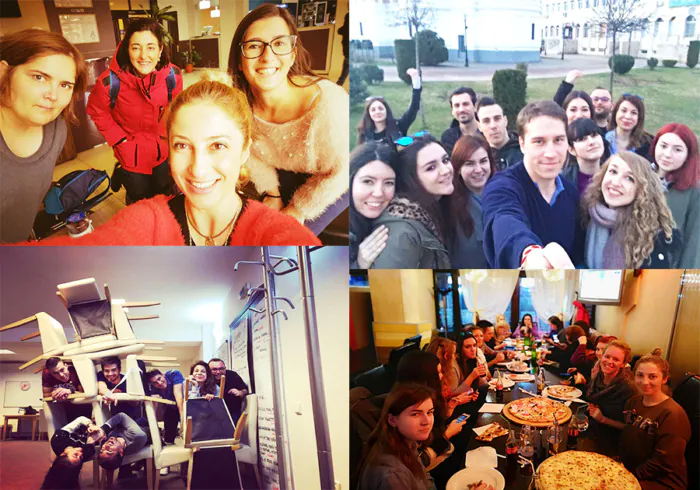
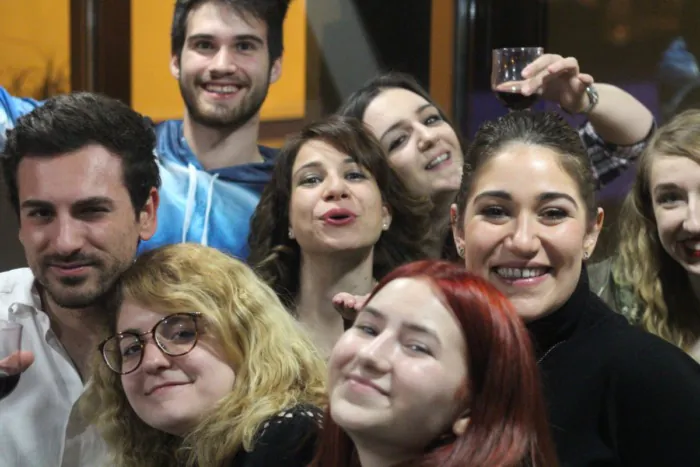
9 h 15 : Yeux plissés et peaux tendues, des jambes lourdes se traînent hors des chambres. D’autres gambadent depuis 8 heures du matin. Le petit-déjeuner se partage, comme tous les repas, autour des grandes tables rondes du restaurant de l’hôtel. Une petite vie de famille a déjà émergé. La parole revient vite, dans un anglais brumeux : « Pass me the bread please », « Somebody wants more coffee ? ». Le temps de se remémorer la veille au soir, de partager les gags aux absents et il est déjà l’heure de l’energizer — activité de stimulation matinale — puis de reprendre la formation sous l’œil bienveillant de la très énergique organisatrice, Adela Vladoiu, Présidente de « Colour your dreams ».
Véritable pile électrique — son surnom serait Duracela — elle nous confie travailler actuellement sur pas moins de 7 projets Erasmus + simultanément. « J’ai envoyé beaucoup de jeunes d’ici dans d’autres pays, pour des projets. À chaque fois, ils me remercient en revenant. Parce qu’ils sentent qu’ils ont changé, qu’ils ont amélioré quelque chose dans leur compétence, dans leur vie, dans leur vision des choses. Quand j’ai d’aussi bons retours… je ne peux pas m’arrêter, voilà tout », nous rapporte-t-elle, roulant les r d’un anglais qu’elle juge (faussement) approximatif.
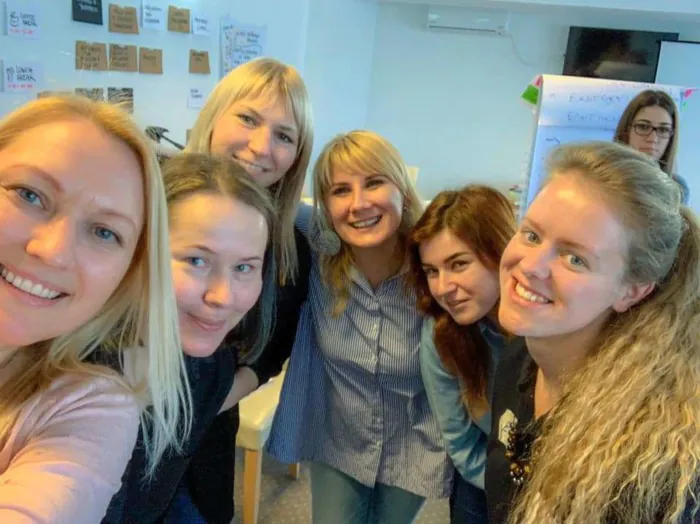
En dehors des soirées officieuses organisées par les participants presque chaque soir, deux « soirées interculturelles » ont également eu lieu durant la semaine. Lors de ces rendez-vous colorés, chaque pays s’est présenté aux autres, proposant un aperçu de sa culture. Selon les pays, ce fut le partage, la fierté ou le cliché humoristique qui prit le pas. L’équipe espagnole insista sur le goût disproportionné des Ibériques pour la sieste — qu’ils pratiqueraient « 6 à 7 heures par jour », selon eux. Le trio turc partagea avec ses convives des mets ottomans venus directement d’Antalya. Les Français optèrent pour le camembert et servirent le vin et le cidre breton, invitant chacun à exprimer librement ses idées reçues sur les habitants de l’Hexagone.
Des vidéos de chaque pays furent projetées sur le mur blanc, comme autant d’invitations au voyage. « You have to come in Croatia » scandait celle projetée par Marija, Lucija, Leon et Marino. Des affinités personnelles avec des pays se sont créées. Adela raconte que lors d’un projet Erasmus + récent, un participant français est allé directement en Estonie et au Danemark à la fin de sa semaine de formation, pour rendre visite à d’autres participants. « Je trouve ça génial ! » sourit-elle.
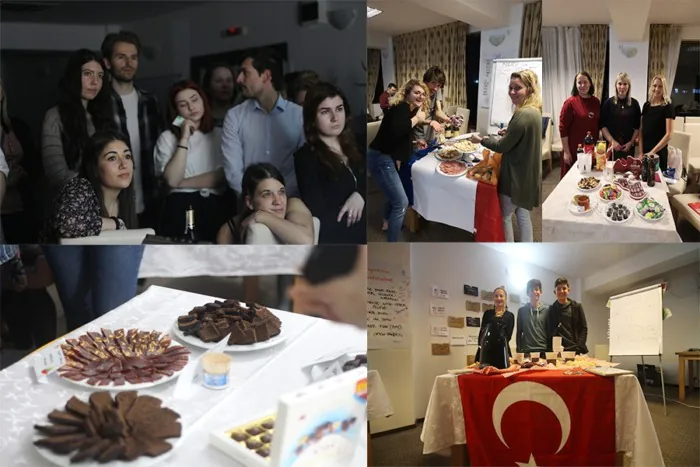
« Pour moi, Erasmus + est la meilleure chose qui soit. Si je l’avais connu quand j’étais jeune, je ne serais rentré chez moi que tous les trois ans ! », plaisante Adela le 7e jour. Satisfaite du déroulé de la semaine, elle réaffirme sa confiance en ces programmes à la portée à la fois professionnelle et culturelle : « À chaque fois, à chaque projet on découvre de nouvelles choses. Et si on ne découvre rien, c’est nous qui partageons ce que nous savons avec d’autres personnes. »
Pour beaucoup, la séparation arrive trop tôt et l’expérience mériterait de se prolonger. Pourtant à 4 h du matin le vendredi 8 mars, il faut reprendre le bus pour Bucarest. Certains participants n’ont pas dormi de la nuit, préférant savourer ensemble chaque seconde restante de leur vie en communauté. Ils entonnent un dernier morceau du groupe Queen en karaoké puis, résignés, plient bagage et s’engouffrent bras-dessus bras-dessous dans le véhicule qui les ramène à leurs vies respectives.

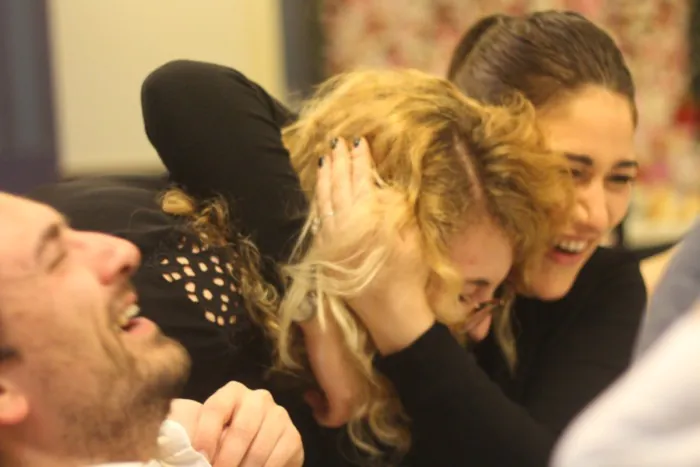
Zoé, émue avant de reprendre l’avion pour Paris, nous propose son retour sur expérience : « J’ai été surprise par l’intensité des relations qui se sont créées. En quelques jours seulement on était tous comme une petite famille. Ça donne du baume au cœur de vivre des expériences comme ça. J’ai appris des choses que je pourrai appliquer après, comme la facilitation graphique. J’ai aussi l’impression d’avoir voyagé dans les 12 pays qui étaient présents avec nous, pas juste en Roumanie. »
Si elle regrette de ne pas avoir beaucoup découvert la Roumanie, elle n’en garde pas moins l’empreinte d’une intense expérience multiculturelle : « Jusqu’ici j’ai toujours senti qu’il y avait des barrières qui m’empêchaient de créer des liens étroits avec des personnes étrangères. Mais pour la première fois, je me suis lié sincèrement avec des gens d’autres pays. (…) Parler anglais tout le temps pour moi ça a été dur. J’ai un accent terrible. Mais en même temps j’ai pu voir le niveau de certaines personnes et ça m’a donné envie de m’améliorer dans cette langue, pour de futurs projets ou des voyages, afin de mieux pouvoir partager avec chacun. »
« Ça a duré une semaine, mais j’ai l’impression d’être partie un mois. J’aime ma vie à Rennes, mais je crois que je vais quand même pleurer en rentrant. [rires] »
À en juger par l’effervescence subsistante des groupes Facebook, Instagram ou Whatsapp liés au projet, il semblerait que Zoé ne soit pas la seule a avoir ressenti l’envie de prolonger l’autarcie…
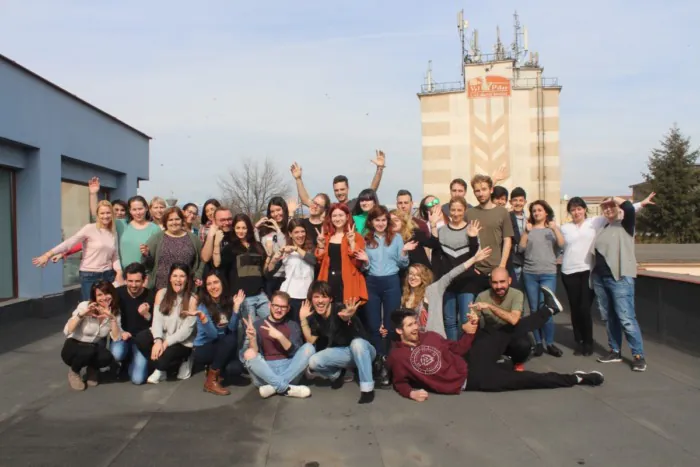
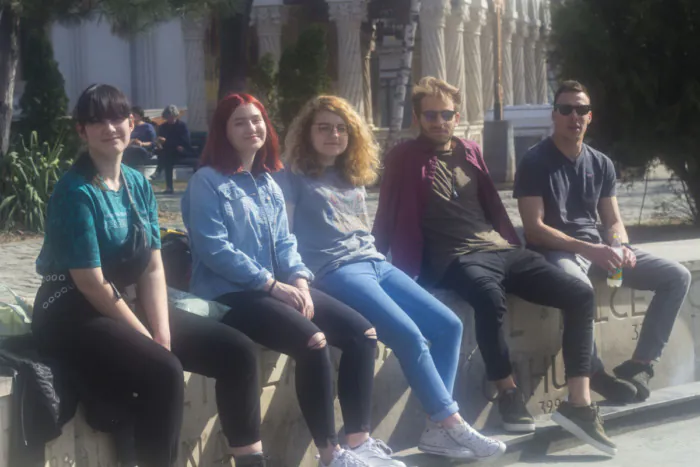
TRADUCTION EN ANGLAIS / ENGLISH TRANSLATION :
Taking part in an Erasmus + project, 3 persons from Rennes (Brittany) have spent seven days in Târgu Jiu, Romania. They went there to follow the training course named “2I2O Tools”, dedicated to the learning of online and offline tools in the social inclusion sector. Beyond this training course, this mobility experience has been an opportunity for intercultural sharing between inhabitants of 12 european countries. A way for the european community to exist and get strengthened.
The plane lands in Bucharest. Zoé, 19 years old, who is a volunteer in a “civic service” in Rennes, makes her first step on the Romanian’s land. On this 1st of March, she will meet Antonio (29) from Palermo, student in civil and environmental engineering; Eva (23) from Malaga, primary school student; Andrea (23) from Sofia, studying Israeli and Jewish civilisation; or even Marino (21) from Zagreb, who works in the informatic field. They have different backgrounds and come from different countries. They are between 16 and 40 . They are going to stay 7 days (1st ti 8th of March) together at the Hotel Story in the city of Târgu Jiu, in the west of the country. The romanian town will host them in its outdated decor, powdered with historical monuments and pieces of art made by Constantin Brâncusi. The empty walls of the hotel, as if it was white paper, will allow the birth of a picture : the picture of a merry cosmopolitan group.
[pictures]
Freshly arrived from 12 european countries – France, Spain, Italy, Portugal, Czech Rep., Croatia, Latvia, Lithuania, Belarus, Bulgaria, Romania and Turkey – the 36 participants were not there as tourists but in order to take part in a training named « 2I2O Tools » dedicated to online and offline tools able to facilitate social inclusion for people with disabilities. This training course was organised by the romanian association « Colour your dreams » with the financial help of Erasmus +. 12 other european associations were in charge of finding 3 participants each.
For some of them, like Zoé, sent by the association “En Root” (Dinan, France), this is a very first step : “I don’t have any experience regarding people with disabilities. I even feel embarassed in front of such situations. This formation is an opportunity for me to overcome this feeling.” Nevertheless, for Zoé and for many members of the group, this training course was above all “an opportunity to travel” and to “take part in intercultural encounters”.
[pictures]
« Those children with special needs, they need a special treatment. That’s why we encourage non-formal education with this project. We need to change our tools. » Adela Vladoiu, President of Colour your dreams.
On the training course menu are many different teachings, from the graphic facilitation to exercices with new apps like Actionbound or Kahoot. Other activites are dedicated to team building and training at the same time. For example, a treasure hunt took place in Targu Jiu. The group was spread in 6 teams. Some of the participants were made blind, deaf or mute, in order to physically experience some disabilities and to engage a solidarity process with the “not disabled” members of their team. Those non-formal methods of education were conducted by Andrei (Dobre) and Andreea (Buzec) – true story – two romanian professionnals, and Darko (Stojanovic), from Serbia. Also, the visit of the school center for inclusive education of Târgu Jiu has been a highlight of the week. For some participants, it was a first meeting with a special education site and with children suffering from disabilities. Each day of the training course ended with a “feedback moment” with the trainers, and also “reflexion groups” between the participants.
[pictures]
If the topic of the training has given the opportunity for the participants to meet up, the heart of the week has been, without doubt, the quality of the relationship built between them, during the week. However, Zoé describes cautious beginnings : « In the beginning, the talk were very formal : what’s your name ? Your age ? Your job ? », but the lines have quickly shifted, « thanks to the group activities delivered by the trainers… and the fact that we all lived together for a whole week, it has created an extraordinary familiarity and intimacy in between us. »
So much so that at the end of the first day, a party is organised by and for the participants. In a relaxed atmosphere, the hesitant smiles have turned into confident talks, friendly hugs and shared laughters. Freed from desire, Dragostea din tei, I love rock’n roll… Pop music brings people together, as a link in between the cultures represented here in the « conference-room », turned into a « fiesta-room ». After the liberation of the words come the liberation of the bodies. Bodies dancing, alone or already accompanied ; voices singing their hearts out, in some « fake English » with various accents from latin, slave or baltic origins ; round-dancing, joyful and forgetful of the next day. Other ones, more reasonable, went to bed earlier, resting in the quiet of their hotel room… probably dreaming in english.
[pictures]
9am : Tired eyes and heavy legs drag themselves out of the rooms. Some others roam happily for an hour already. Breakfast is shared, like every meal, around the big round tables of the hotel restaurant. A kind of family life has already taken shape. The words quickly come back, in a foggy english : “Pass me the bread please”, “Somebody wants more coffee ?”. Just enough time to share with everybody the stories of the previous night, and it’s already time to move to the energizer – morning stimulating activity – and to go back to the training course, under the caring eye of Adela Vladoiu, President of “Colour your dream”.
Adela is always full of energy – her nickname is Duracela ! She admits that she is currently working on seven different Erasmus projects. “I’ve sent a lot of young people from here to other countries, for projects. Everytime they come back and say “Thank you so much”. Because they feel that they have changed, that they have improved something in their skills, in their lives, in their visions of things. When I receive such feedbacks… I can’t stop, that’s it !”, she says, rolling her r’s with a charming romanian accent.
[pictures]
Aside from the informal night parties organised by the participants – almost every evening -, two “intercultural nights” has taken place during the week. During those colourful rendez-vous, each country has to introduce itself to the other ones, giving a view of its own culture. It is not an easy exercise, but each team finds its own way. Generosity, pride and humor were the keywords of those moments of sharing. The spanish team has stressed on their taste for sleeping, admitting that they daily take “6 to 7 hours naps”. The Turkish trio has shared with their guests food from Antalya. The Frenchies has opted for a smelly camembert with wine and breton cider, opening a funny debate on clichés about French people.
Videos about each country were screened on the white wall, like “invitations to voyage”, an open-door from Europe to another Europe. “You have to come in Croatia” shouted the man in Marija, Lucija, Leon and Marino‘s video. Personal affinities were created with some countries, like Zoé who felt in love with Turkey after watching the spectacular movie screened by Abdullah, Osman and Emine. Adela tells us the story of this French guy who went staight away from his Erasmus project to Estonia and Denmark, with the purpose of visiting his fellow participants. “I think it’s great !” she smiles.
[pictures]
« In my opinion, Erasmus is the best thing is the world. If I knew it when I was young, I would have been away from home most of the time, coming back every three or four years ! », Adela jokes, on the 7th and last day. Satisfied with the achieved project, she claims once more that she really believes in those intercultural and yet educational programs : “Everytime, every project you learn new things. And if you don’t, then you share what you know with other people”.
For many, the separation comes too soon and the experience would rather last more. However, it’s 4am on the 8th of March and it’s time to take the bus to Bucarest. Some participants haven’t slept this night, preferring to enjoy together each last second of their community life. After one last karaoke song, resigned, they’ve packed their bags and hopped, arm in arm, in the bus that would bring each of them home.
[pictures]
Zoé, waiting for her flight back to Paris, is moved by her experience in Târgu Jiu : « I’ve been amazed by the intensity of the relationships that we’ve created. In few days, we became family like. That’s a balm to the heart to live such experiences. I’ve learned many things that I might be able to use again. Above all, I have the impression that I’ve been travelling in 12 different countries, not just Romania”.
Even though she regrets that she hasn’t been able to spend more time visiting Romania, she will remember of this week as a multicultural experience : “Until now, I always felt like there were some borders that couldn’t be crossed, between people from different countries. For the first time though, I’ve really linked to strangers, and create strong bounds with them”. “It’s been difficult for me to speak english all the time. My accent is terrible. But at the same time, I’ve had the opportunity to notice the english level of other europeans and it made me want to improve myself, for future projects, future trips, in order to be able to share more things with other people.”
“It was just a week, but it feels like a month… I like my life in Rennes, but still, I’ll probably cry when I’ll be back. [laughs]”
Judging by the remaining enthousiasm on the Facebook, Instagram and Whatsapp groups made by the training course members, it seems that Zoé is not the only one who wanted this autarky to last…
Clit.

